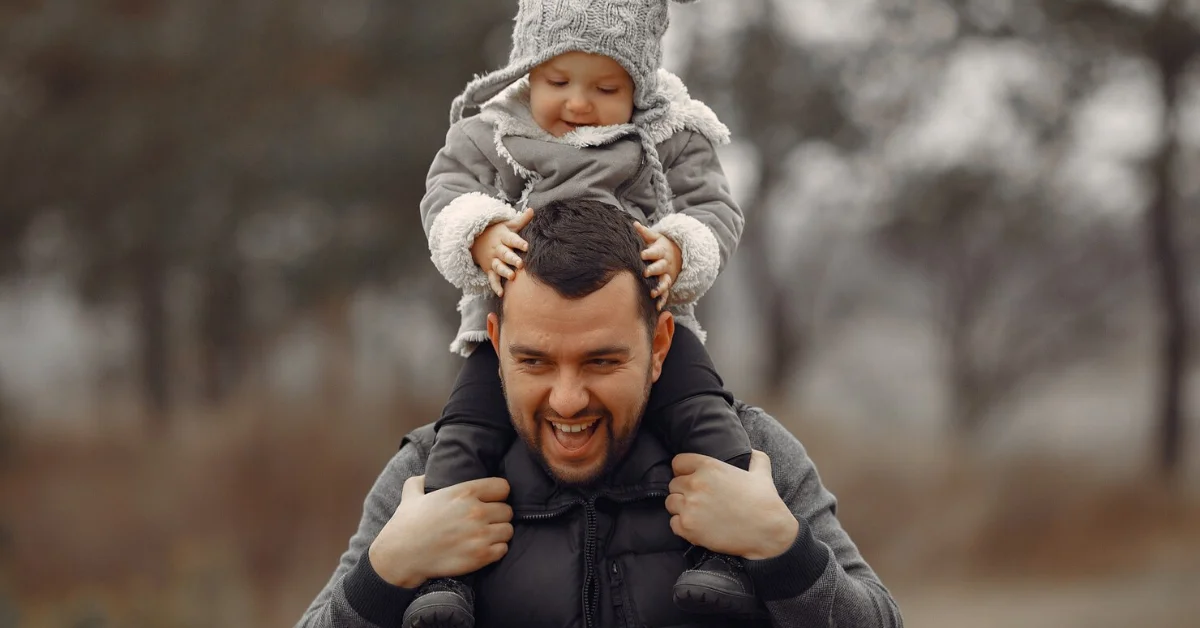Why Connection Matters So Much in Fostering a Child

Have you ever noticed how much easier life feels when someone truly understands you?
Kids in foster care often come from places where trust feels risky, and stability isn’t guaranteed. That’s why connection isn’t just a nice idea-it’s the foundation that helps them feel safe again. When a child feels genuinely cared for, their confidence grows, their behavior shifts, and their world slowly becomes less frightening.
This article explores why connection is such a powerful part of fostering and how it shapes a child’s future in meaningful ways.
Feeling Safe Starts With Connection
When children enter foster care, they may carry fear, confusion, or uncertainty. Building a connection shows them they’re not alone in this new environment. A familiar routine, warm conversations, and patient listening all help create a sense of comfort.
Over time, this emotional safety allows children to relax. Kids begin to trust that their needs will be met consistently. With that trust, they start exploring, learning, and expressing themselves in healthier ways.
Connection Helps Heal Past Experiences
Many foster children have lived through experiences that were overwhelming. They may struggle to make sense of their emotions or feel unsure about how to cope. A strong connection with a caregiver gives them a space where those hard feelings can finally be understood.
Healing begins when a child sees that their emotions matter. Simple acts like sitting together, talking through fears, or sharing a laugh build emotional strength.
Building Confidence Through Relationships
Confidence grows when kids feel seen and valued. A connected caregiver celebrates their progress, encourages their strengths, and remains steady during challenges. This kind of relationship teaches children that they are capable and worthy.
As confidence rises, children take more healthy risks like making friends, trying new activities, or speaking up for themselves. This steady growth helps them discover their identity. For foster families, support from places like fosterplus.org can make these moments even easier to navigate as children build trust in themselves and others.
Why Communication Strengthens the Bond
Open communication helps foster children feel understood. Many kids aren’t used to expressing their needs, so having a caregiver who listens patiently can be life-changing. Gentle conversations help them learn how to name their emotions and ask for help.
As communication improves, misunderstandings happen less often. Children feel safer coming forward when something is bothering them. This back-and-forth connection slowly becomes the backbone of a healthy, trusting relationship.
How Consistency Builds Emotional Stability
Consistency may feel simple, but it’s one of the most important ways to build connection. Predictable routines like shared meals, bedtime habits, or weekly check-ins help kids know what to expect each day. That predictability creates calm, especially for children who lived with uncertainty before.
Steady expectations also help them develop responsibility. When kids know the rules and feel supported, they make better choices. This stability turns daily moments into opportunities for growth, strengthening the bond between caregiver and child with every interaction.
Love Grows in Everyday Moments
Connection shapes the way foster children view the world and themselves. When a caregiver shows patience, kindness, and steady support, kids begin to feel grounded again. Even small efforts can create a sense of belonging that changes the path of their future.
Every act of care helps build emotional strength and trust. When children experience true connection, they gain the courage to grow and the comfort of knowing they’re not alone.
